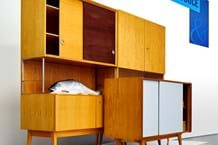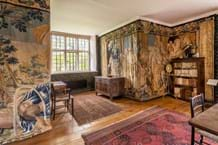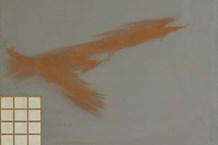After months of reports of a new Beijing fair, confirmation has been received from China declaring the launch of The Beijing International Chinese Antique Fair from November 28 to December 2. However, hard facts regarding the event are hard to come by.
Press information describes “a fair of unprecedented scale and size” aspiring to become “an annual event of the highest standard for the enrichment of the arts and antique trade calendar in China” with “30 of the most prestigious” exhibitors.
The venue, Beijing Hotel, will also be the headquarters of the International Olympic Committee during next year’s Games.
However, although strong on hyperbole, little solid information is available. A contact in Beijing assured ATG the new fair was looking for top international exhibitors from the West as well as from China. But none of the eminent UK and European specialist dealers that ATG spoke to had been contacted by the Chinese organisers with a view to participating.
Indeed at the end of last week one leading dealer in Chinese antiques, a veteran of top international fairs, confessed that – less than three months before the launch of the event – he had not even heard of The Beijing International Chinese Antique Fair.
The fair, organised by independent private company Qiyi Wenbo, is sponsored by major government departments including the Ministry of Culture and Beijing municipal bodies.
Certainly the UK trade believe the event smacks more of a promotion of China’s vast cultural heritage rather than a sound commercial proposition aimed at the art trade looking to meet clients in the People’s Republic.
What is described as “a perfect platform for the international exchange of cultural ideas and values” might not be what people in the West perceive as an antiques fair.
One revelation which might prove food for thought for potential exhibitors is a so-called highlight of the project. Prominent officials of the Beijing Municipal Government will attend a ceremony in which exhibitors donate cultural relics significant to the history of Beijing to local museums, universities and related agencies.
By David Moss
Dealers in the dark over Beijing fair
November launch for ‘international’ event




